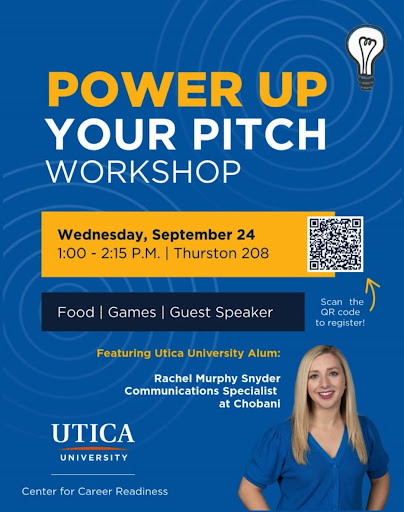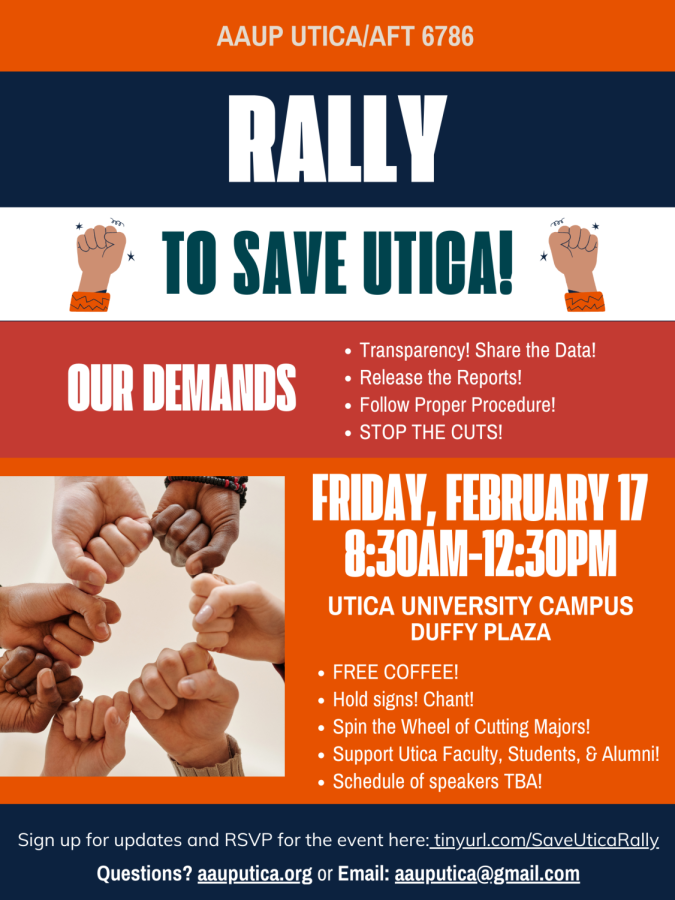Using your voice is powerful and it allows officials to cater to what the people need. This year, the presidential election will be held on Nov. 3 with the estimated voter turnout to be much higher than in previous years.
The 2016 presidential election demonstrated low first-time voter turnout and it was the first election where fewer minorities cast ballots at the voting booths, according to the United States Census Bureau.
“These voters are hard to measure,” New York Times Contributing Writer Nate Cohn said concerning those who are not registered to vote. “They are underrepresented in public opinion surveys, and there’s reason to wonder whether those who do take surveys are representative of those who don’t. They are also less likely to hold opinions on current events, including on the president.”
In a historically blue state, the impact of a vote in the upcoming election will likely not do much with the Electoral College. However, the choice to have this mindset, and this mindset only, prevents people from going to the polls, thus, changing results of elections one decision at a time.
“In national elections, if you don’t vote, elected officials are much less likely to care about what matters to you,” Professor of Political Science Luke Perry said. “Being silent gives up all your power to other people that carry influence.”
Voting matters because it gives someone a voice in a society that is constantly changing and expanding.
“But, more than just looking at vote totals, the act of voting matters,” Professor of Government and Politics Daniel Tagliarina said. “It is how we express what we value and who we trust to use our power as the govern in our name. It is how groups can send messages to politicians that these groups also care about issues, and that their voices deserve to be heard.”
Jeff Miller, chair of the communications and media department and associate professor of communication and social justice, ran for Congress in the Utica and Rome area in the early 2000s. To Miller, every vote does matter.
“It’s easy in our culture to get down like my vote doesn’t matter and while one vote rarely settles an election, having individuals who do vote bring others with them to vote is what is important,” Miller said.
Miller said while he was running for Congress one of his first plans of action was to register students to vote and find some that were willing to volunteer for his campaign. He quickly realized that because students believe that their voice will not change anything, they have no interest and therefore subject their voice to those of older generations and their needs.
“Other countries have national holidays to encourage voter registration turnout,” Perry said. “I don’t know if this is possible because of the system of our government and much of the voter turnout depends on well-educated people. Students are a unique minority, they have a responsibility to educate themselves and then help others.”
The power of a student’s voice is more important than many think, Perry said, because many do not realize the impact they are having on the economy by not speaking up, politicians are focusing their energy on citizens older than 25.
“It may not feel like it, but your vote matters,” Senior Katherine Haight said. “I hate to say it, but think of the election as a tug of war with thousands of people on each side. If enough people leave one side then the other wins. So at least play the game and give yourself a chance to win.”
Casting a vote is important because it gives a voice to those who aren’t heard. It gives us a voice.
“Votes can express a wide range of things, silence, when it comes to the election, expresses nothing,” Tagliarina said. “The only votes that truly don’t matter are the ones that people don’t even bother to cast.”





































































































































